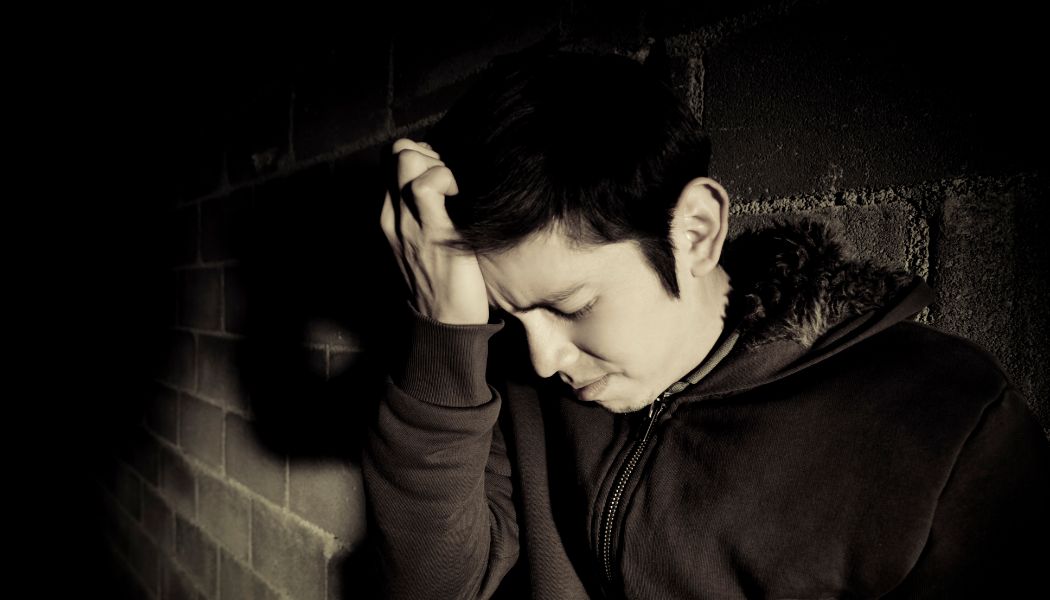When are juveniles tried as adults?

In North Carolina, juvenile courts serve to rehabilitate minors who commit crimes. Adult courts tend to be much harsher. If your child is 17 years old or younger, they will most likely face charges as a juvenile.
However, certain factors can influence whether the courts will transfer the case to the adult justice system. See below to learn how a minor might face adult charges.
Reasons for juveniles to face adult charges
According to the North Carolina Department of Public Safety, individuals who are 17 or 16 used to enter the adult justice system. The Raise the Age initiative changed this in 2019. Now a minor will not face adult charges unless they meet these precedents:
- Juveniles who allegedly commit first-degree murder can face a mandatory waiver into adult prosecution
- If there is a precedent of an adult trial, any subsequent offenses will enter the adult court
- The court can use a discretionary waiver to try a minor as an adult. This depends on the details of the individual case and the criminal record of the defendant.
How to improve your chances
You can always negotiate with courts. Incarceration is not a given if a juvenile commits a crime. Working with prosecutors can often lead to better sentencing for your child if they find themselves on the wrong side of the law.
Unfortunately, the juvenile justice system is not perfect. The punishments your child may face often cause developmental setbacks. It is essential to know what to expect when a minor commits a crime. Arm yourself with a strategy to prevent jail time.

